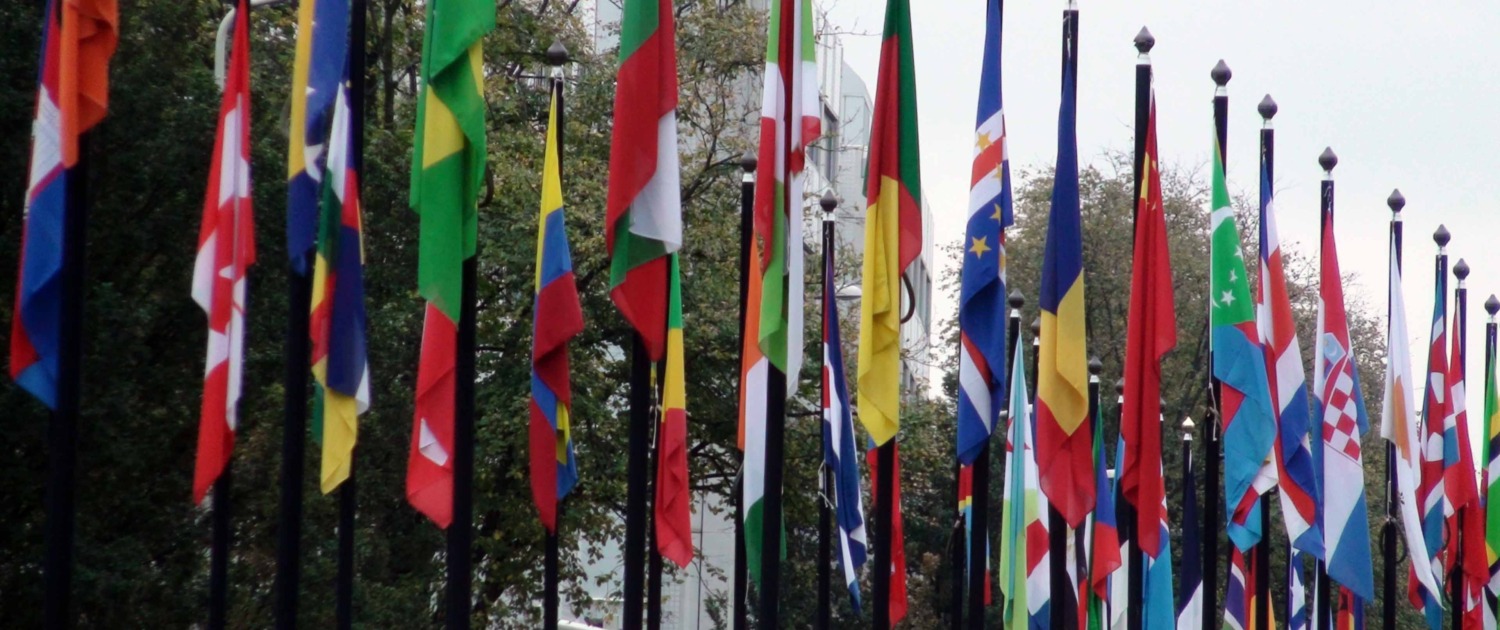The Hague Service Convention ("HSC") is an international treaty currently with about 91 signatories. It establishes procedures for international service of process when the parties reside in different countries.
Yes, under some circumstances. The Hague Service Convention (“HSC”) is an international treaty currently with about 91 signatories. It establishes procedures for international service of process when the parties reside in different countries.
Service of process is, of course, necessary for the courts in one country to have the power and authority — jurisdiction — to issue Orders and Judgments that are binding on the parties to the civil litigation. In most cases, “service of process” means hand-delivery of the original court papers, which are typically a Complaint, a Summons, and other documents. The Complaint sets out the legal claims by the plaintiff — the party suing — against the defendant — the party defending the lawsuit. The Summons commands the defendant to appear in court and file a response to the Complaint. A “default judgment” can be entered by a court if a defendant fails or refuses to appear in court and/or file a response to the Complaint.

Under the HSC, each country creates something called a “Central Authority” (though it might be named something different). A nation’s Central Authority is authorized to receive requests for international service of process from a foreign country and, then, to service the Complaint/Summons on the local defendant according to local national rules and procedures. If service of process is successful or unsuccessful, the Central Authority completes the Certificate of Service and returns the Certificate to the sending party indicating successful or unsuccessful service.
Under normal procedures, the foreign-based defendant must now appear in the U.S. court — via an attorney — and file a response to the Complaint. As noted, failure to appear can result in a default judgment being entered.
However, what happens if a Certificate is never received? In such circumstances, default judgments might be allowed under the HSC.
As noted, normally, a default can only be entered in a case if there has been a legally valid service of process and the defendant has failed or refused to appear in court. However, under the Hague Service Convention, there is a mechanism that allows a default judgment to be entered even if there is no valid international service of process. This is permitted by Article 15 of the HSC, which allows each country to declare that it will permit entry of default judgments, even if no Certificate of Service has been received from the receiving nation’s Central Authority. Three conditions are required by Article 15. These are:
Whether a U.S. judge will enter a default judgment will depend on the circumstances of the case. Often, U.S. judges will order other types of communications — like regular mail and email — before entering a default judgment. These other types of communications are not valid service of process, but they DO serve the purpose of letting foreign-based defendants that litigation has been filed in the U.S.
For more information, contact Ancillary Legal at (404) 459-8006. We have the deep experience, staffing and resources to help you satisfy the requirements for proper and valid international service of process. We focus on litigation support domestically and internationally and can ensure that your time can stay focused on the substance of your matter and not procedural technicalities. Contact us today to find out how we can help you.

Contact us for a free consultation with an Ancillary Legal representative.